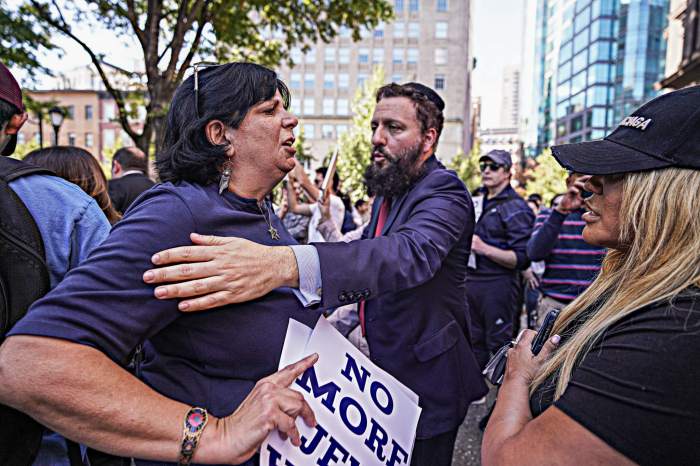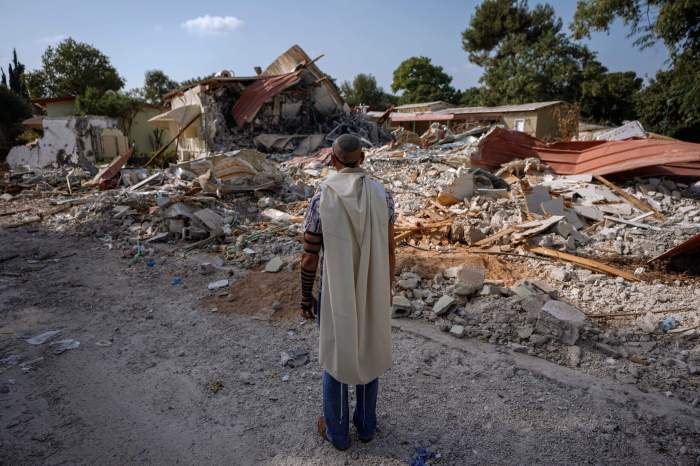Last December, a resident of the New York City Housing Authority’s Boston Road Plaza building in the Bronx died when he tried to step into an elevator that moved upward without warning and then closed on his leg and hand. The elevator’s brake monitor, which could have prevented the accident, wasn’t working.
An hour and a half before Olegario Pabon’s death, another resident had called NYCHA to complain about the elevator’s problems. Her calls went unheeded.
Since then, NYC’s Department of Investigation found 80 other elevators in NYCHA buildings with non-working brake monitors. In an extensive report that detailed Pabon’s accident, the department said NYCHA had failed to comply with city building codes, did not have proper communication or inspections, and didn’t properly identify, track and respond to elevator problems. In one case, a NYCHA official told investigators that staff members had simply “missed the boat” — that they weren’t even aware of new brake inspection and safety guidelines.
The findings, sadly, are not surprising or new. But they are emblematic of far larger issues, as well as systemic concerns over communication, maintenance and safety. A cavalier “missed the boat” response is not sufficient.
Investigators referred 10 employees for disciplinary action. A City Hall spokeswoman said Mayor Bill de Blasio was considering such action. NYCHA’s chair said, “There must be consequences.” Investigators recommended building code compliance, expanded training and inspections, and improved communication. In a statement, NYCHA said it is already implementing new policies.
But the question remains: How do we make sure we’re not talking about the same problems years from now? The answer lies in oversight and accountability. It’s critical that NYCHA’s top people be held responsible for every trouble spot and be given benchmarks to achieve the sweeping change needed. That may include the authority’s structure, personnel, communication, oversight and more.
De Blasio has made affordable housing a priority. But even as officials plan new housing, NYCHA and City Hall must put the city’s existing affordable houses in order.

















